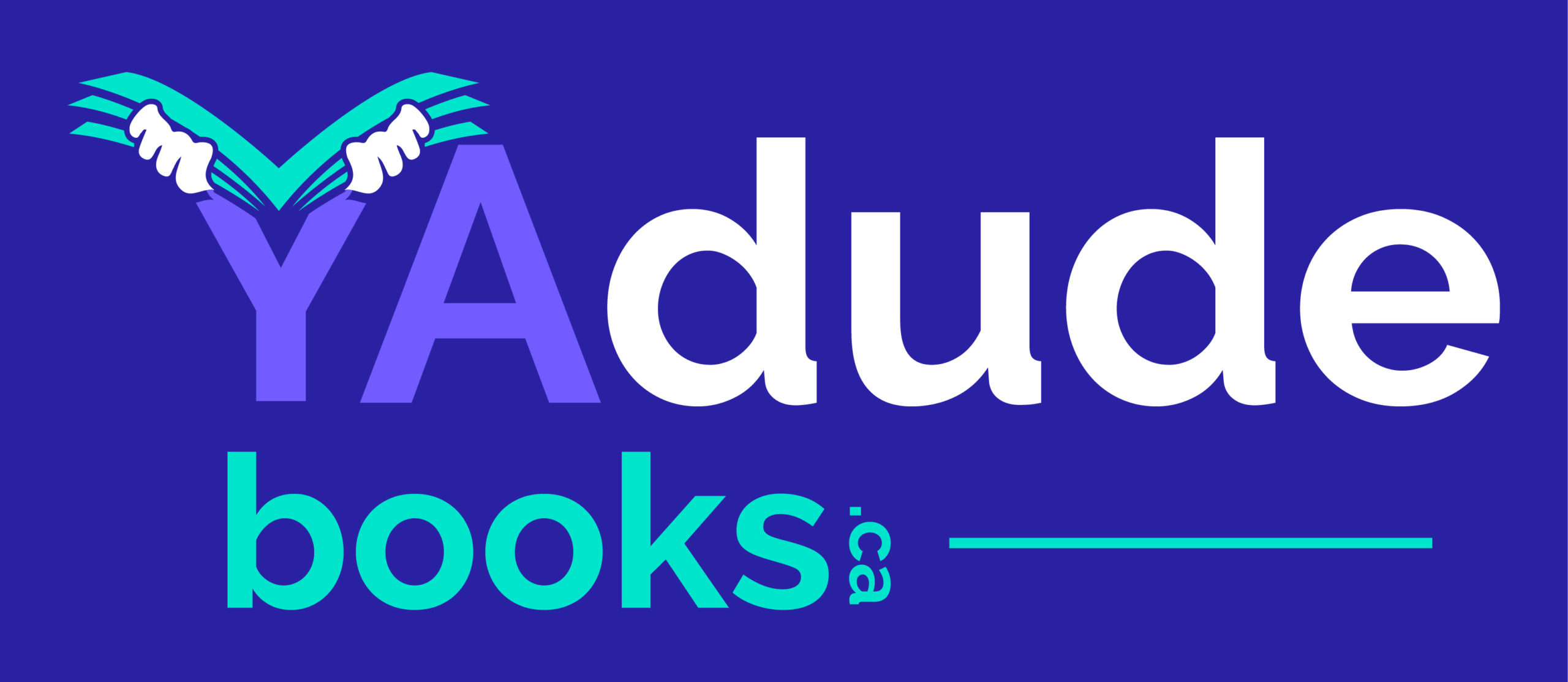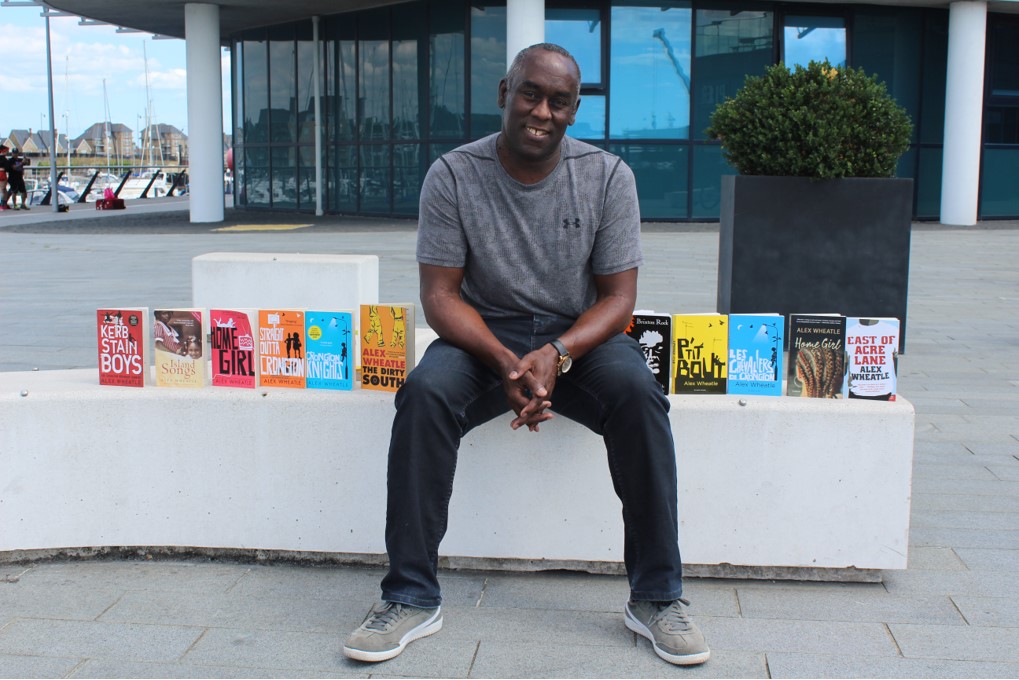Alex Wheatle, one of Britain’s brightest literary talents, holds the Member of the British Empire and has been called “a major voice in British children’s literature.” His 17 books, frequently on school reading lists, have won numerous awards and been translated into French, Italian and German.
Of Jamaican heritage and originally from South London, Alex uses his writing to tackle themes of race, poverty and youth unemployment, often drawing inspiration from his own life.
Now 58, he spent most of his childhood in a children’s home, where he read lots of comics. He later became a massive fan of reggae, and helped found the Crucial Rocker sound system in his mid-teens, using it to write lyrics for local performances.
His debut novel Brixton Rock received the London Arts Board New Writers Award in 1999 and was later adapted for the stage. In 2020, he was shortlisted for the NSK Neustadt Prize for Children’s Literature. Crongton Knights won the 50th Guardian Children’s Fiction Prize. His young-adult novel Liccle Bit was longlisted for the Carnegie Medal. He’s also a past winner of the Renaissance Quiz Writers’ Choice Award.
He admires CLR James, James Baldwin, Chester Himes, Richard Wright, Maya Angelou, Charles Dickens, Ralph Ellison, Toni Morrison, Iceberg Slim, Linton Kwesi Johnson, John Steinbeck, Raymond Chandler, Courttia Newland, Yvvette Edwards, Nadifa Mohammad and Irenosen Okojie.
Last year a film on his life was released as part of BBC One’s acclaimed series Small Axe— five films about London’s West Indian community during the Sixties, Seventies and Eighties.
Alex lives in London, where he teaches both prison workshops and at Manchester Metropolitan University. He has just finished writing another work of historical fiction and is working on the next instalment in his renowned Crongton series. https://www.alexwheatle.com/
Q: At what age did you first dream of being a writer, and what led to that?
A: In my youth, I dreamed of becoming a reggae musician! It didn’t quite happen for me, but when I read authors like Chester Himes, Richard Wright and Langston Hughes, I realised that there was very little narrative fiction from the black male perspective in the UK. From my mid-20s I decided I wanted to try and write fiction.
Q: Why do you think schools often make your books required reading, and what do you hope young people take away from them?
A: I hope that young readers in schools, especially in deprived areas, can see themselves in my fiction. I hope that they can relate to the themes and issues that I present. I believe because I do include the scenarios that many young people can recognise, schools and librarians want young people to engage with my work.
Q: Tell us about your decision to teach in prisons.
A: I was a prisoner myself back in 1981 following the Brixton uprising. I know what it’s like to be considered a failure or a person with little hope or aspiration. I see reading books as a gateway to further learning, but many inmates who I have visited had difficulty with literacy. It’s important that we try to encourage inmates to read as much as they can to help and enable them to not just learn empathy for others, but to give them a foundation in literacy.
Q: How has Britain’s publishing scene changed in the years you’ve been writing, especially as regards diversity?
A: In the last few years, there has been a growing acceptance for writers of colour. We are now seeing black writers receiving the marketing and publicity spend we never experienced a decade or so ago. Black women writers are surging ahead but I am concerned about the progress of black male writers here in the UK who still do not receive the attention they deserve.
Q: Why is it important to get more boys reading, especially boys like you once were?
A: It’s been proven that if you engage in fiction and read well, it will enhance your potential in many career paths. The publishing industry has a duty to publish books that can engage young adult boys. It’s also the responsibility of parents, guardians and schools to engage their boys with a healthy reading habits.
Q: What are your proudest achievements so far?
A: My proudest achievement thus far has to be the publication of my debut novel, Brixton Rock. It was such a huge moment for me and one I never imagined.

